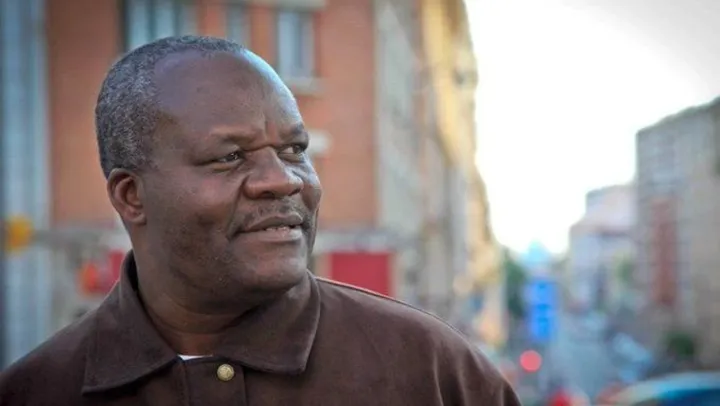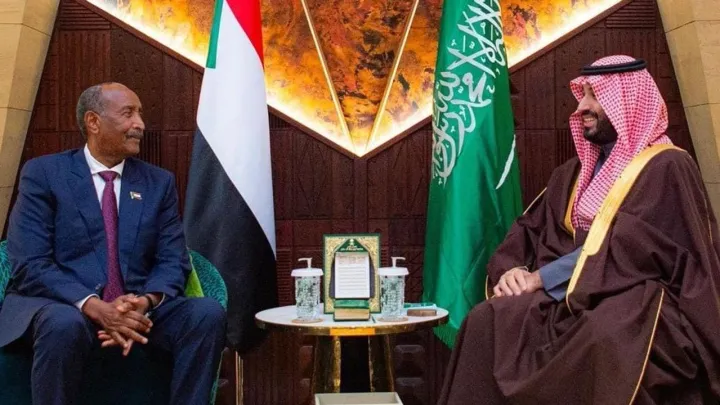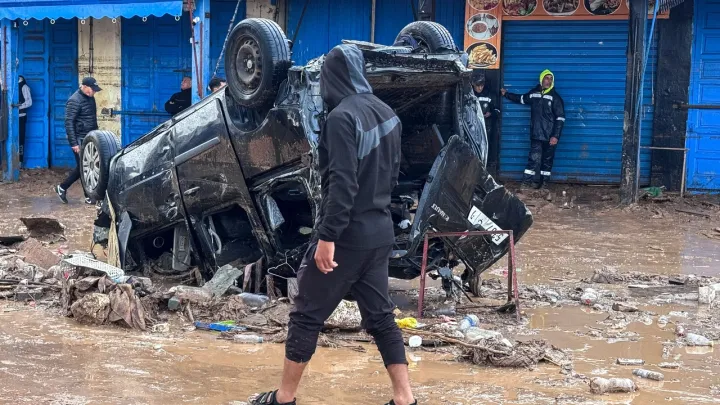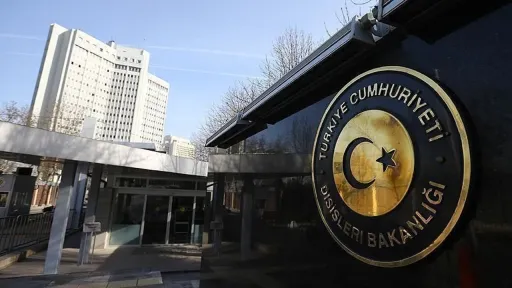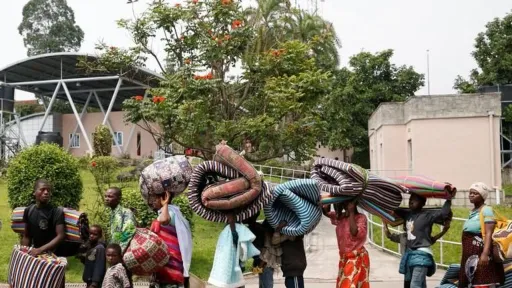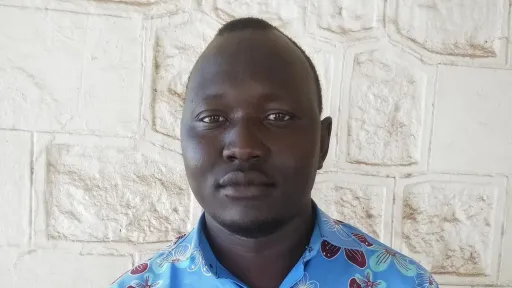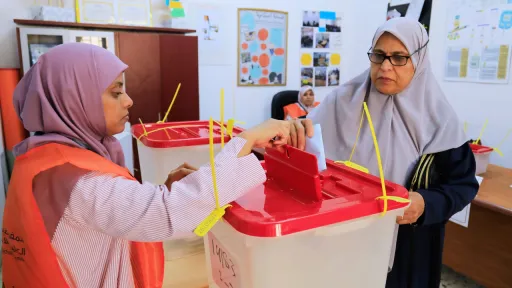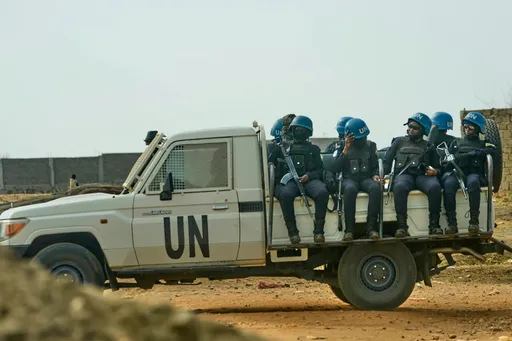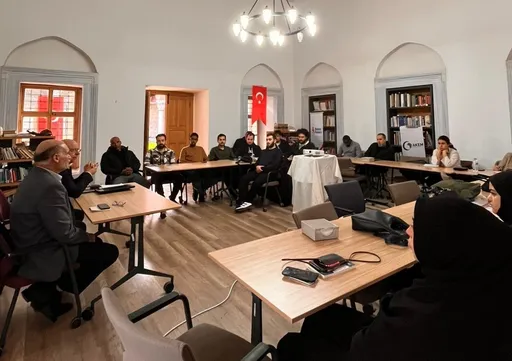By Abdulwasiu Hassan
Language normally brings people together. But the contrary is the case in Cameroon where the use of French and English has triggered a lingering conflict that has killed more than 6000 people and displaced nearly one million others since 2017, according to figures from the International Crisis Group.
Unlike most African countries, Cameroon has a bilingual colonial legacy. The country was first colonised by Germany from 1884 until the Germans were forced to leave in 1916 by a joint force of French and British troops during the WW I. The vast majority of the country then became a French colony.
Britain ruled Northern Cameroon and Southern Cameroon – about 20% of the territory – named The French Cameroon gained independence in 1960 while the British Cameroon became independent in 1961.
However, because Britain was at the time the coloniser of neighbouring Nigeria, a referendum was held to determine whether its Cameroonian territories should join Nigeria or the French Cameroon.
Following the plebiscite officiated by the United Nations, the British-colonised southern part of Cameroon opted to go with the French administered Cameroon while the northern part chose to be part of Nigeria.
The French-speaking regions being the majority in Cameroon, became dominant in running the affairs of the country since independence while the English-speaking regions – the Southwest and the northwest - often complain of marginalization.
In late 2016, this dissatisfaction sparked renewed protests and calls for secession to create the ‘’Federal Republic of Ambazonia’’ by some groups in the regions - mainly driven by lawyers and teachers.
The Cameroonian authorities then began a crackdown on the separatists and full-blown violence erupted in 2017.
The separatists reject what they say is the imposition of the French language on everyone in educational, legal and administrative systems and that people from the English-speaking regions have limited access to jobs and political opportunities.
Like many commentators, a human right activist, Nkongho Felix Agbor Balla, laments the toll of the ongoing deadly armed conflict.
He told TRT Afrika the violence has ‘’also led to kids not going to school, economic stagnation, kidnappings, unlawful and arbitrary arrests, destruction of families among others”
Why are the languages central?
Hajara Adamu was about to take her secondary school leaving certificate examination in Bamenda, a town in the English-speaking region, when the conflict broke out in 2017.
She told TRT Afrika that she had to wait till 2020 to sit for the exam in Douala – a city in the French-speaking area.
Schools were shut down in her home-region because the secessionists were ‘’kidnapping students and teachers” to enforce a ban they had announced against schooling.
However, the 20-year-old student who speaks English and French languages personifies the bilingual nature of the country.
Though she was brought up in Bamenda in the Anglophone part of the country, she learnt French language at a primary school she attended in the town.
That makes her ‘’feel at home’’ wherever she goes in country. But this is not the case for majority of Cameroonians from the English-speaking parts of the country who do not speak French, she said.
According to her, ‘’people who can only speak English do face discrimination.’’ Cameroonians have numerous local languages including Fula, Ewondo and Shuwa Arabic.
But these have rarely generated deadly national conflicts. Therefore, the current dispute on the basis of colonial languages baffles many.
“I see people who look alike, but they speak two different languages. Though the languages are not theirs, they give them the highest regards,” Sani Yola, a Nigerian living in Cameroon told TRT Afrika.
“These languages are not from Africa, but they are the one causing the problems we have,” says Sani.
But human rights lawyer Nkongho Felix Agbor Balla, thinks it is ‘’too simplistic’’ to conclude that the conflict in Cameroon is wholly about two foreign languages.
He believes, the attitudes of the key actors and the fact that the conflict centres on official issues matter in the violence. “Yes, language is one of the issues, but it is not the fundamental issue,” he says.
“People are using language to suppress others. But the fact that one doesn’t come from a particular linguistic origin, they treat that person differently,” Balla adds.
According to him, “there are cultural issues, there are historical issues also that have contributed to the conflict.”
Need for dialogue
Earlier this year, Canada announced that it was appointed by parties to the conflict to mediate.
According to a statement by the Canadian foreign ministry, ‘’Canada has accepted the mandate to facilitate this process, as part of our commitment to promote peace and security and advance support for democracy and human rights.’’
Canada’s foreign minister, Melanie Joly, had said: ‘’The parties to this agreement are the Republic of Cameroon, the Ambazonia Governing Council and the Ambazonia Defence Force, the African People’s Liberation Movement and the Southern Cameroons Defence Force, the Interim Government, and the Ambazonia Coalition Team.
The parties further express the hope that other groups will join the process.’’ But after Canada’s statement, the Cameroonian government said it had not asked any country to mediate.
In a statement, the Cameroonian government said it “has not entrusted any foreign country or external entity with any role of mediator or facilitator to settle the crisis.”
However, in his New Year speech, President Paul Biya said his government remained committed to ‘’peaceful resolution of conflicts through dialogue and negotiation.’’
Previous efforts to resolve the conflict have also failed with attempts at dialogue between the Cameroonian central government and the separatists collapsing.
Nonetheless, Mr Balla believes dialogue is still possible and should be pursued. “The best way to end the conflict is for both parties, the state actors and the non-state actors, to dialogue and make concessions so as to protect civilians,” he says.

